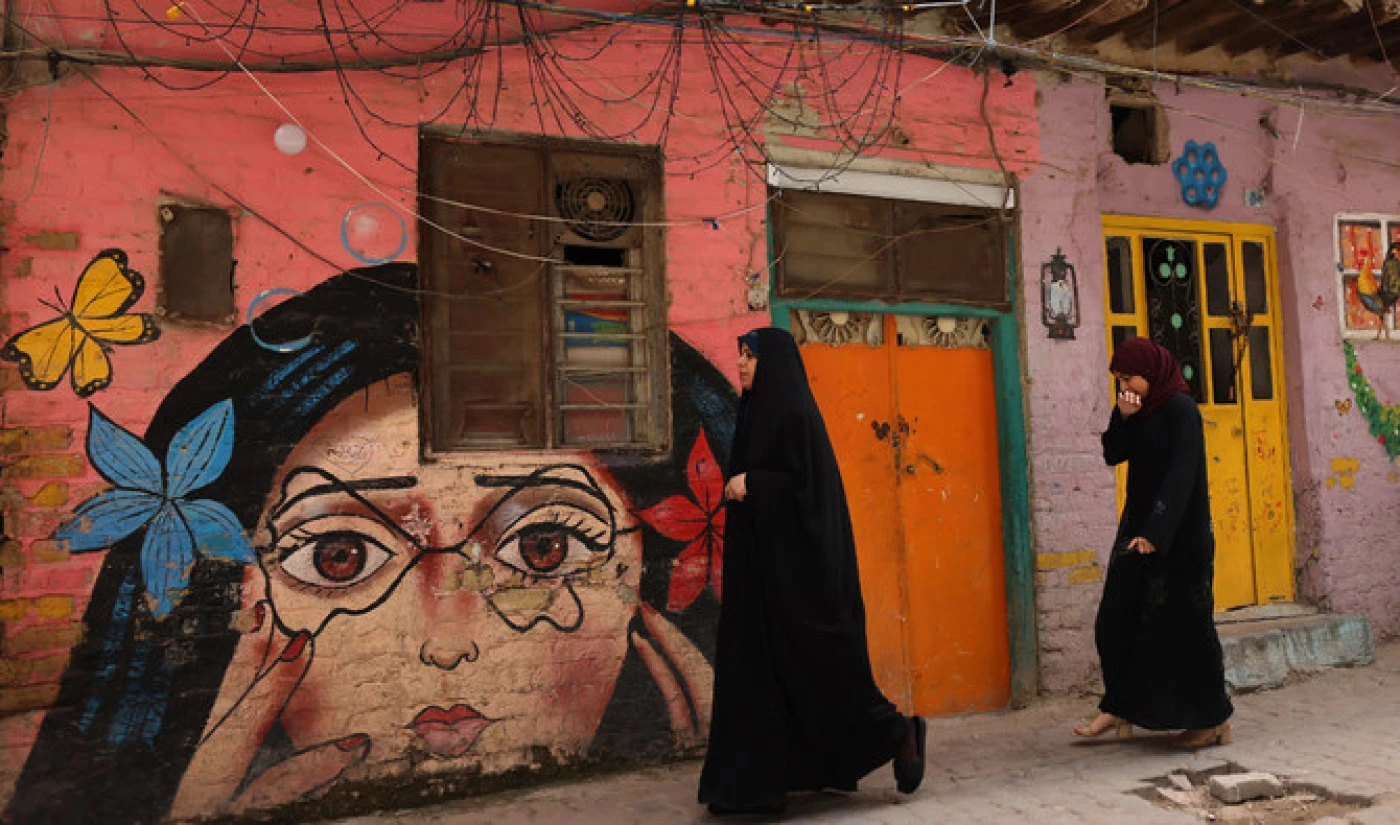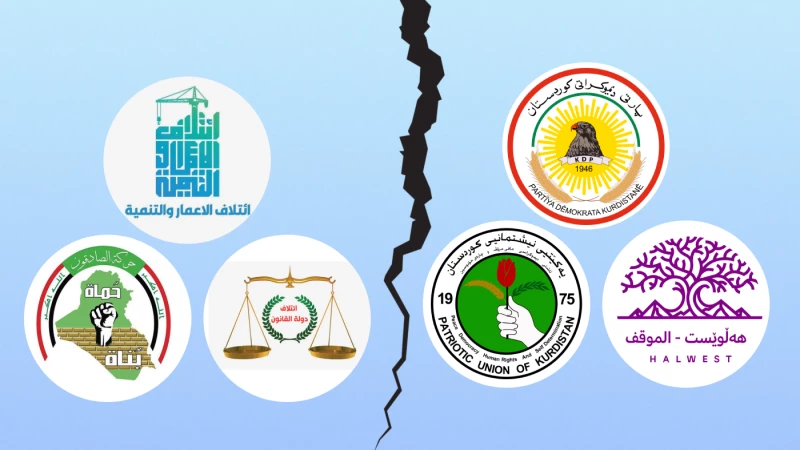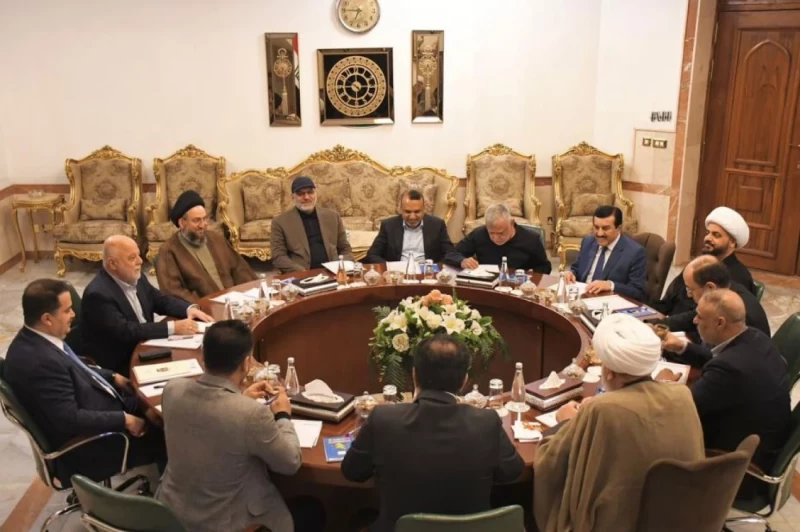In recent efforts, the Iraqi parliament has introduced amendments to the Personal Status Law which allows citizens to choose between religious Islamic authorities or the judiciary to process family issues such as inheritance, custody, divorce and marriage. These amendments include lowering the age of marriage of girls to 9.
Child marriage is not unheard of in Iraq. In a recent study by Girls Not Brides in Iraq, about 28 percent of girls under the age of 18 are married. This level goes up to 30% in families with lower economic status. Even though most of these marriages are not legalized in court, they are officiated through religious means, which is widely accepted within Iraqi communities.
The passing of such a law will legally recognize the religious sanctification of marriages of girls as young as 9 years old. This means that pedophilia, rape, forced sexual relations, and different forms of violence will be committed against girls under the guise of marriage.
The purpose behind the law amendments is of conservative means; claimed to safeguard young girls from “immorality,” protect their “honors” and “decrease divorce rates”. No further in-depth reasoning has been provided, for example, how will legalizing the marriage of 9-year-old girls lead to the protection of “honor” or lower divorce rates.
In addition, the consequences of such a law have been widely overlooked by MPs who support the bill. According to UNHCR, child marriage is extensively harmful and potentially traumatic to the physical, psychological, and mental well-being of girls. This includes exposing girls to life-threatening health complications, early and unwanted pregnancies, and the transmission of infections. Child marriage also affects the development of the bodies and minds of girls and can have life-long health consequences for their offspring.
Another devastating consequence of passing such a law is influencing the education of girls in Iraq, a crisis already at hand. In 2019, the United Nations Children’s Fund (UNICEF) reported that in Iraq around 3.2 million children of school age are not enrolled in education, with girls having a lower rate of enrollment and a higher rate of dropouts. Legalizing girls' marriage from the age of 9 will disproportionately affect girls in education, and lead to even higher level of dropouts. It is guaranteed that girls married at such a young age will be forced to abandon school, due to family pressure, care responsibilities, and early pregnancies.
The ramifications are not only personal but will also be felt at a societal level. Married at an early age and unable to continue their education, most girls will not have access to work opportunities. Looking further into the future, these girls will most likely not contribute to Iraq’s workforce and economy. The educational and lack of formal skills gap will push the country into a more socioeconomic crisis than its current state. Even though oblivious to the parliament members who support the amendment of this law, research has proven that “When more women work, economies grow”; a generation of educated women and girls contributes to a country’s economic prosperity and stability.
To voice their disagreements with legalizing child marriage, women activists and members of women’s rights organizations have taken the streets by dozens, calling it an act of “pedophilia”. Women’s organizations believe that the law amendment is a regression of equality in the country and to the achievements women have achieved in Iraq’s modern history. The efforts of women’s rights standing against the amendments to the law, specifically child marriage, are visible. Several women’s rights NGOs and civil society groups have created the 188 Coalition to join efforts against the amendments of the law and have organized demonstrations in various governorates.
Unfortunately, we haven’t witnessed other rights-based institutions actively stand against the amendments. Women’s organizations and activists stand alone in their fight, are opposed, and are called degrading names for standing against child marriage. Several women were harassed by a group of religious men during a demonstration in Najaf. The speeches of religious leaders and their efforts to publicly and vehemently accuse opposing groups of immorality and acting against the laws of Sharia have influenced public opinion. In addition, unsurprisingly and regrettably, the pervasive culture of patriarchy has prevented fathers, brothers, and male activists from voicing disagreement on Iraqi streets. As a result, only a few male individuals are seen to participate in the demonstrations.
From an international human rights perspective, Iraq has obligations to various instruments that protect girls from child and early marriages. Among others, in 2021, in its national review, Iraq announced it committed to the Sustainable Development Goals (SDGs), which includes indicator 5.3 to “eliminate all harmful practices, such as child, early and forced marriage…” through “strong political will, integrated planning, and supportive legal frameworks.” This means that the Iraqi state has obligations to ensure prevention of child marriage through its laws, not amend existing preventive policies to allow it. In addition, Iraq has been a state party to the Convention on the Rights of the Child since 1994 which means commitments to all articles related to the prevention of harmful practices, and the preservation of the child's health, development, and wellbeing.
Born into conflict, conservatism, and patriarchy, girls in Iraq are quickly stripped of their childhoods. Told to behave, dress, and talk in restrictive socially accepted ways, girls are shielded from choices and opportunities from an early age. Prepared to become caretakers and reputable “good wives” to their future husbands, the lives of girls are conformed by gendered rules and expectations. This amendment of law will legitimize and legalize the human rights violations girls in Iraq are subjected to. It will continue the cycle of violence that generations of women and women’s rights organizations have been advocating to break. Iraqi girls and women have suffered under dictatorship, wars, ISIS control, and pervasive traditional restrictions on their lives and rights. This law will further enable social fabrics to dehumanize girls and women into mere sexual beings from the age of 9. Instead of protecting girls, the law will put them in immediate physical, mental, and socio-economical danger.
Iraq’s conflicted history of war, displacement, economic crisis, and poverty have been researched to contribute to the increase in child marriage and the deterioration of women’s and girls’ living conditions. What is worrying is the State-led efforts to legalize and actualize these conditions at a policy level. The efforts to amend the Personal Status law, the ongoing delay in approving the domestic violence law, the banning of the use of the word “gender” and limiting civil society and academic institutions from providing gender-related courses are examples of recent restrictive policies that are worsening women’s rights in Iraq.
Efforts of Iraqi parliament members is questionable of responsivity to Iraq’s context. Considering Iraq’s post-war, post-ISIS, poverty, climate change, militia control, and sectarian issues, politicians and the parliament should be focused on the country’s development. With a brief analysis, it becomes clear that this law amendment does not contribute to development, but the opposite. It dishonors women and their contributions to Iraq’s society and stripes them of their rights to the enjoyment of life, and possible age-appropriate healthy motherhood. It leads to the creation of dysfunctional families, cycles of poverty, and unhealthy relationships among parents and their children.
These conditions are against Iraq’s international, and national constitutional obligations. According to Article 29 of Iraq’s 2005 Constitution “the family is the foundation of society,” and “the State shall guarantee the protection of motherhood, childhood…shall care for children…” The amendments of Iraq’s Personal Status law not only should be immediately rejected but challenged based on legal and constitutional grounds. The advocates of the amendment should be questioned for calling for child rape and pedophilia, which are against Iraq’s constitution, and the nation’s moral and societal standards.
The New Region is committed to publishing a diversity of opinions. The views expressed in this Editorial are those of the author, and do not necessarily represent the views of the The New Region editorial staff.



 Facebook
Facebook
 LinkedIn
LinkedIn
 Telegram
Telegram
 X
X


